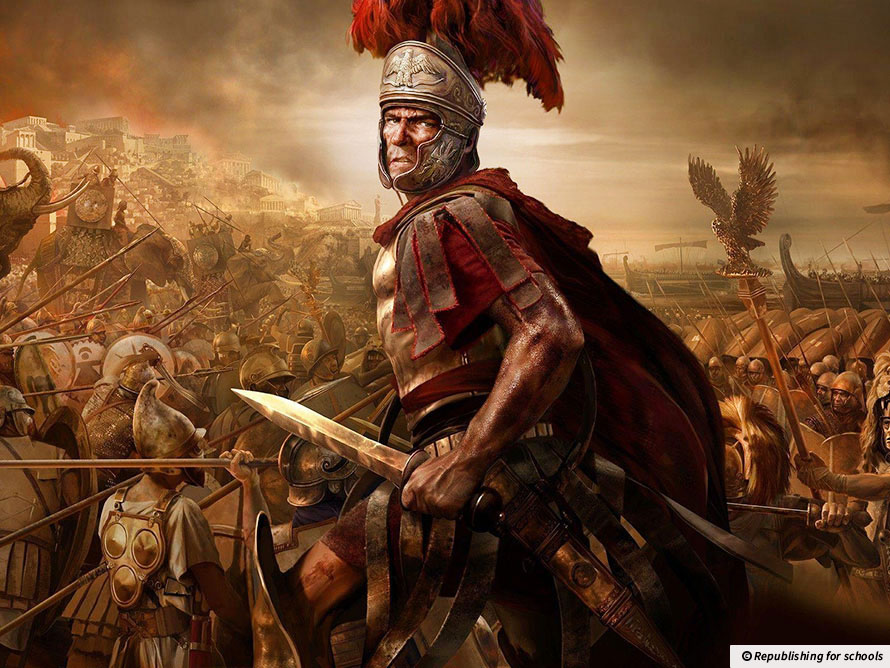Are we defined by our "Roman Empire"? TikTok users are sharing each other’s secret obsessions, from ancient history to alien lifeforms. Some wonder what our special interests say about us.
Revealed! Secrets of what you REALLY think
 Gladiator: The Roman Empire lasted for five centuries and never left our imaginations.
Gladiator: The Roman Empire lasted for five centuries and never left our imaginations. Glossary
Roman Empire - Lasting from 27BC to 476AD, the Roman Empire controlled regions around the Mediterranean in Europe, North Africa and Western Asia.
Classicist - An expert in ancient Greek and Roman language, literature, art, architecture, or culture.
Founding Fathers - The men generally thought to have played the most important role in creating the United States of America, by leading its military forces during the War of Independence or by writing the documents on which it is founded and still guide the country today.
Fascist - Following fascism, a set of ideologies that advocates dictatorial power, political violence, suppression of opposition, traditional gender roles, and official racism.
Futile - Pointless. It is derived from a Latin word meaning "leaky".
